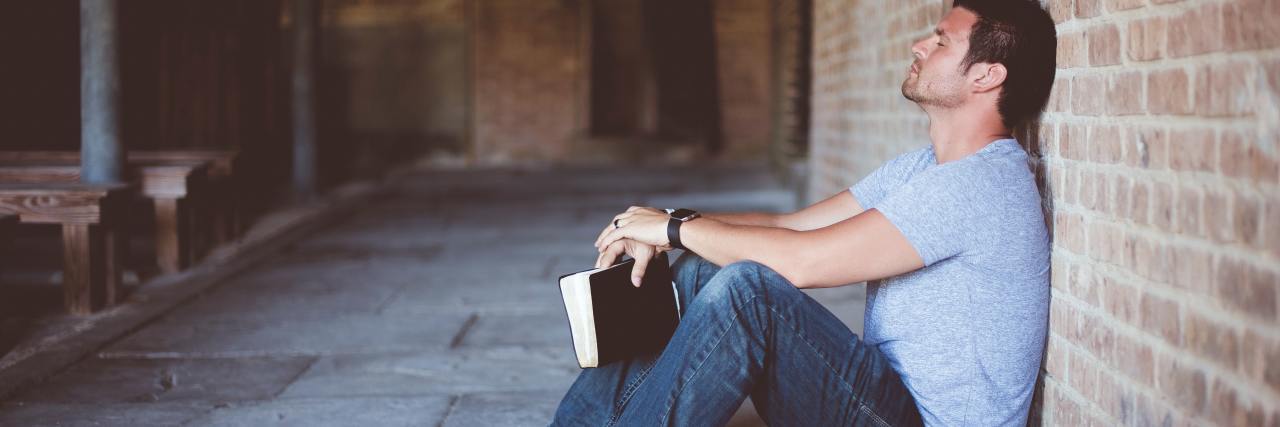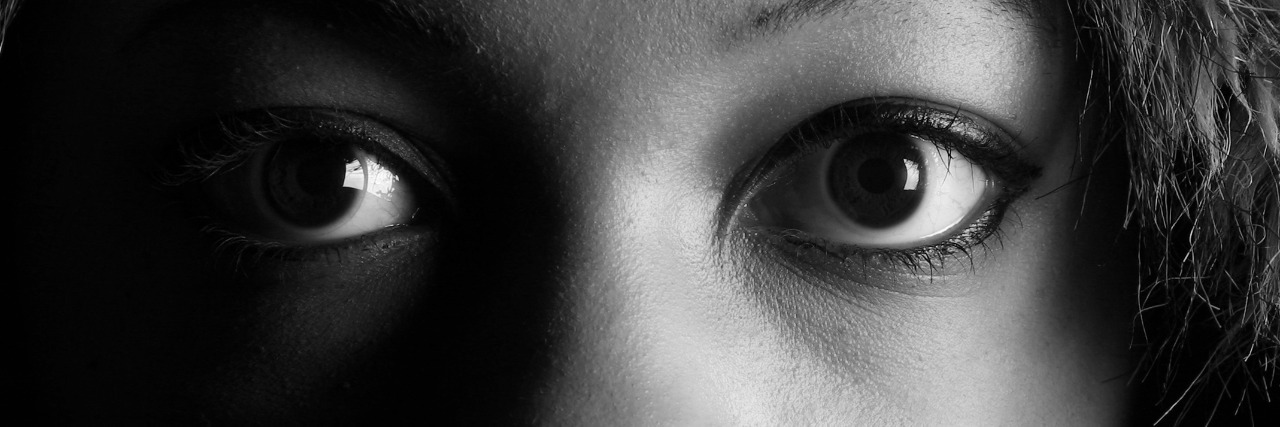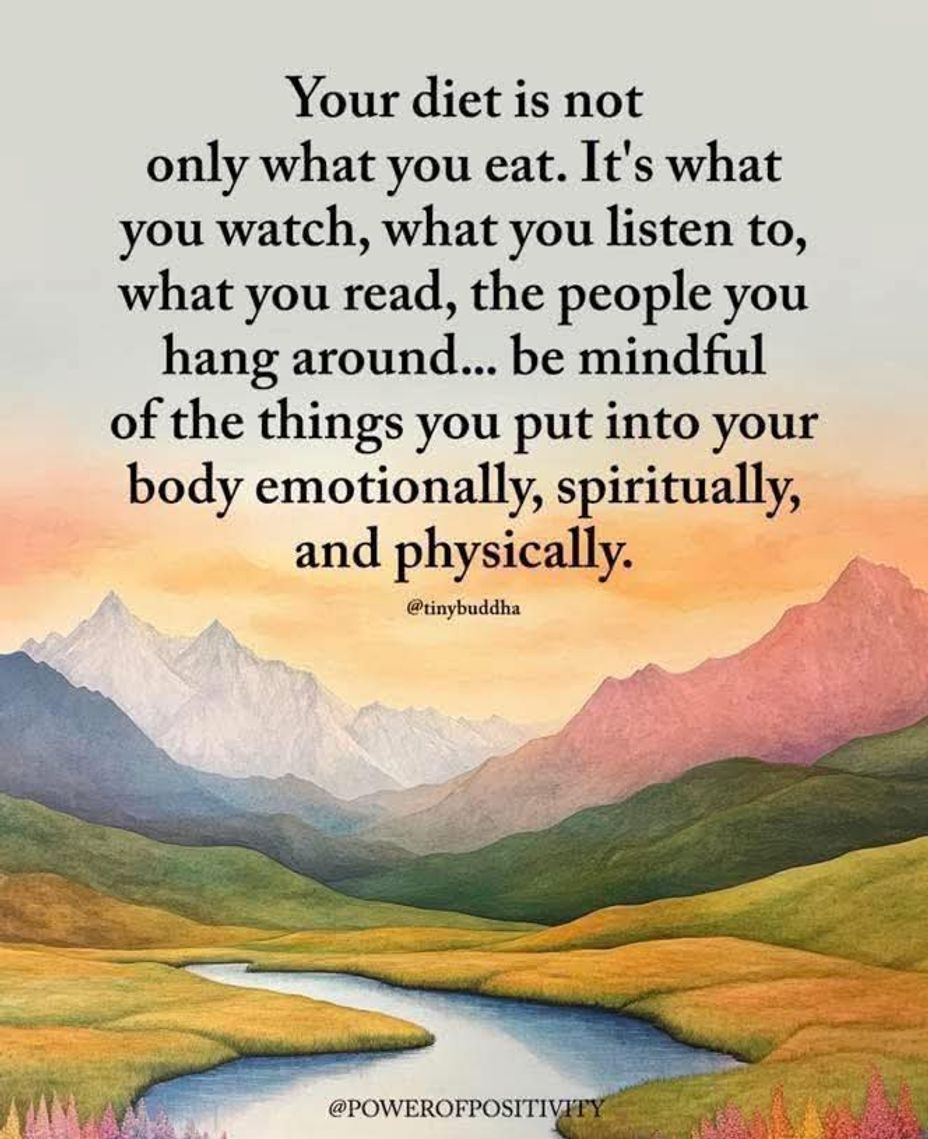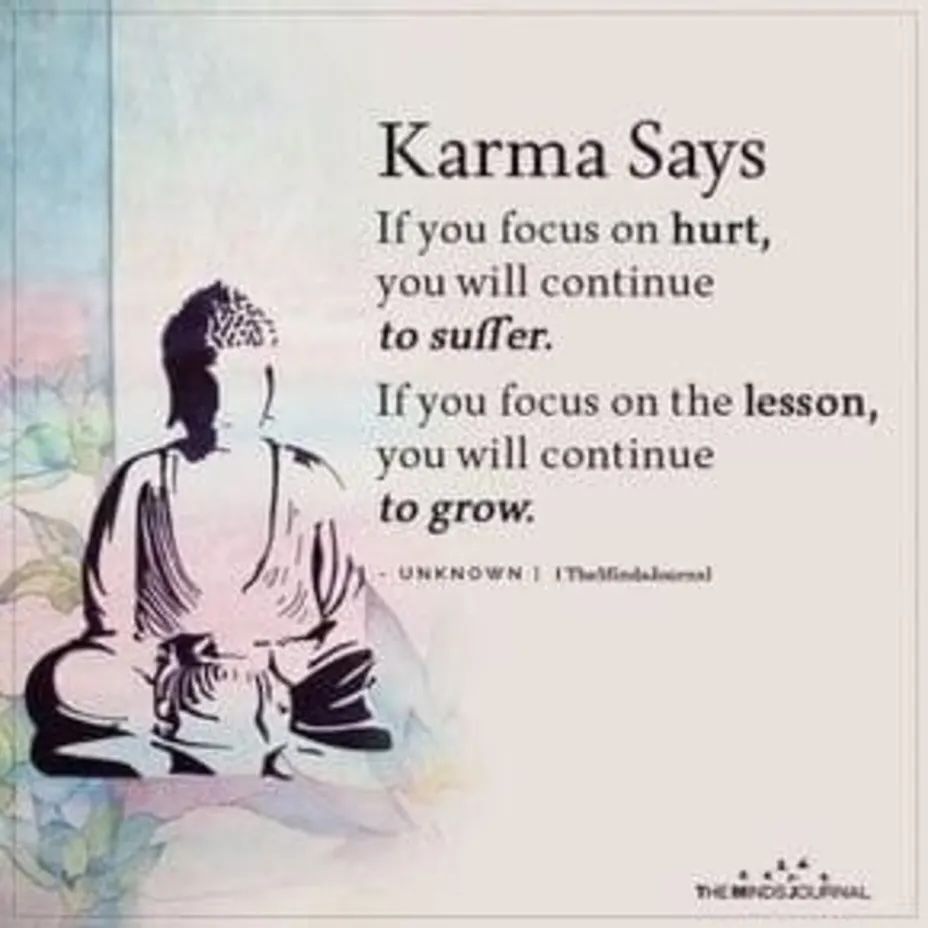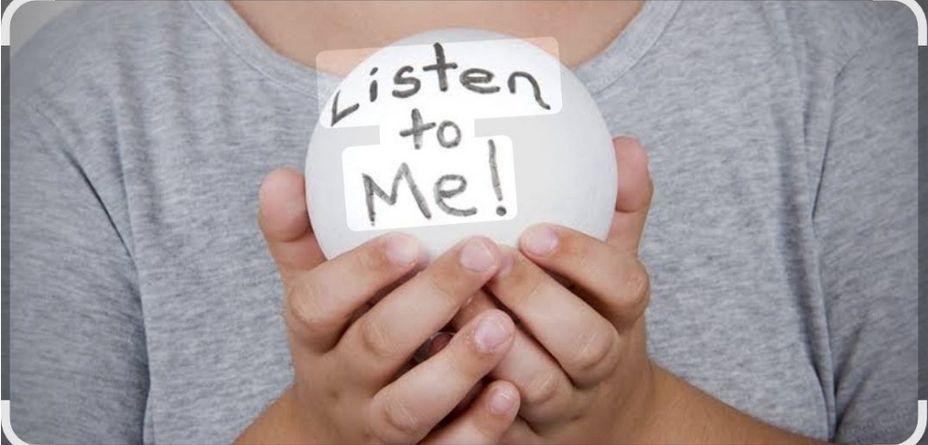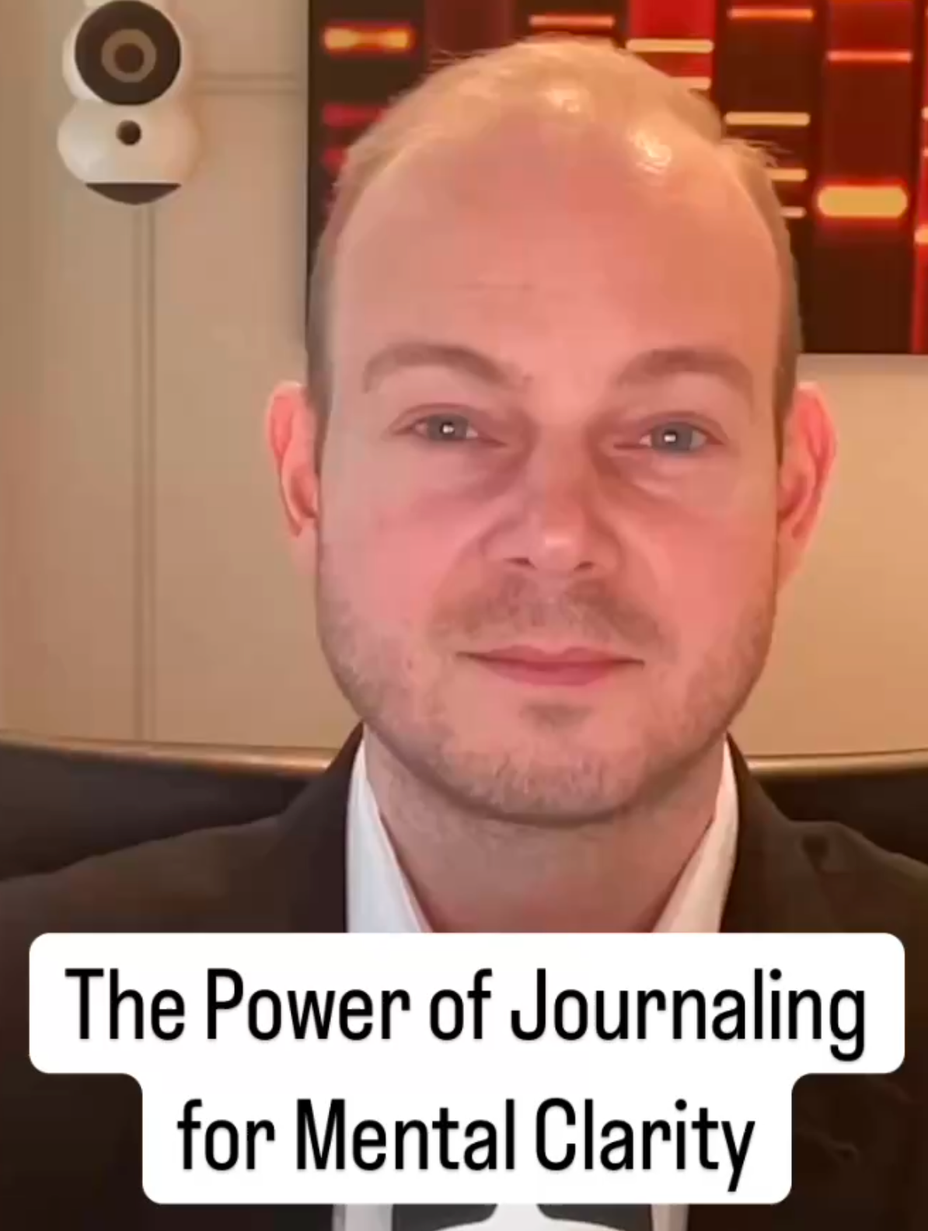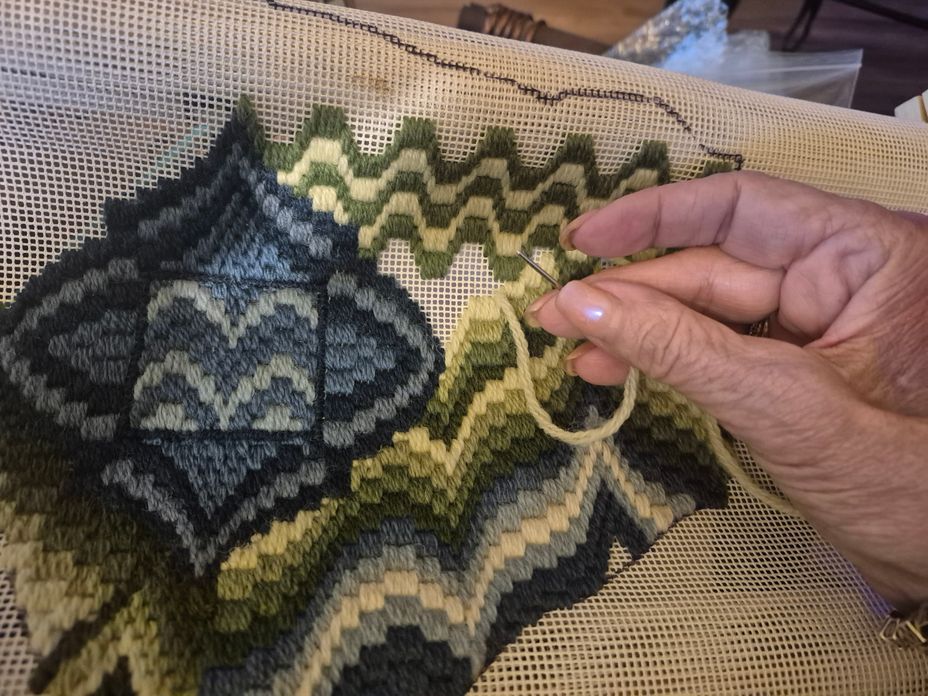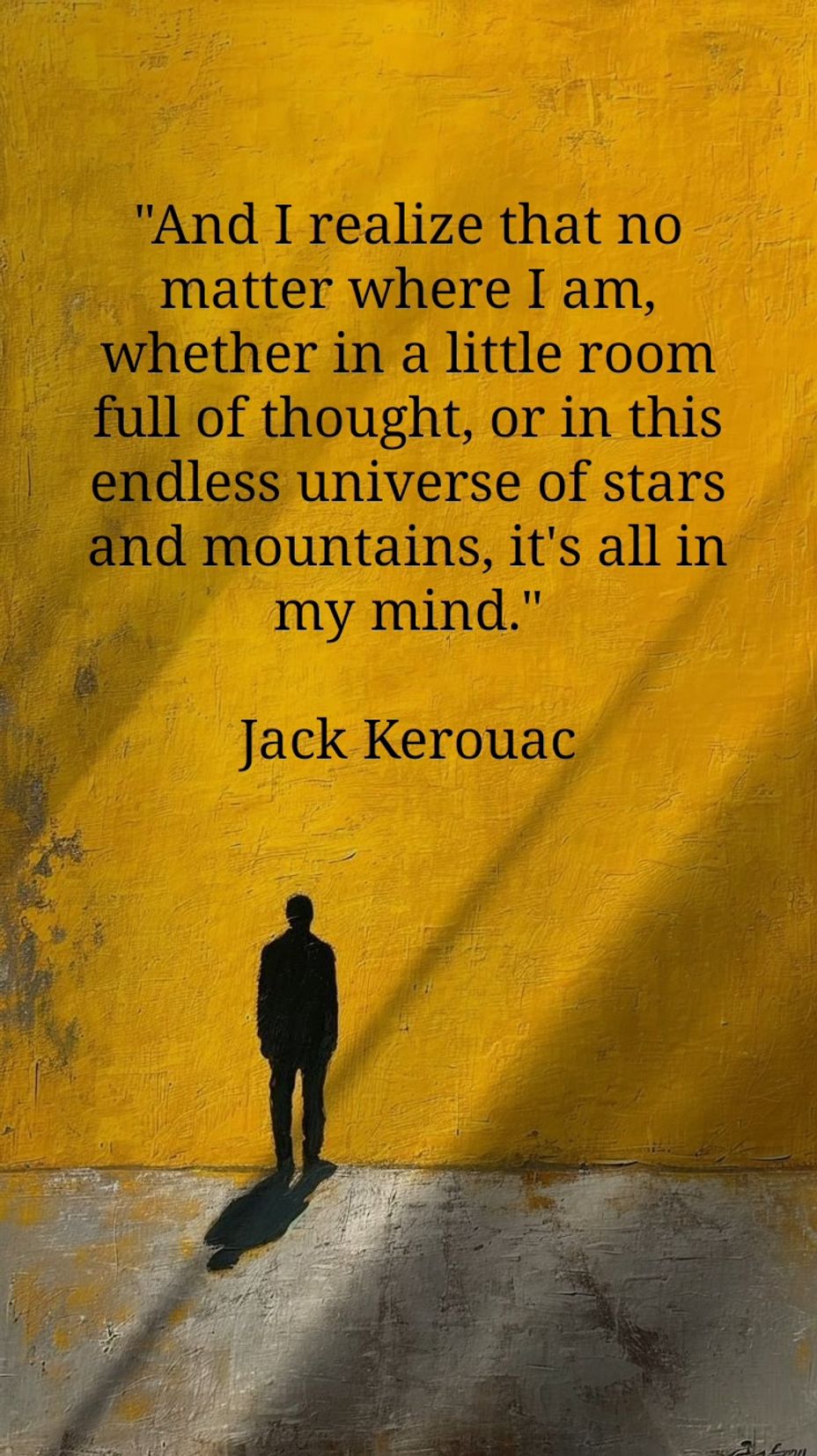Mental health struggles do not exist in isolation. They are shaped by experiences, environments, systems, and relationships—many of which were never safe to begin with.
Yet stigma continues to frame mental illness as a personal failure rather than a human response to adversity.
Research consistently shows that stigma is one of the greatest barriers to seeking mental health support, often leading to delayed treatment, increased distress, and poorer outcomes (Mental Health Commission of Canada [MHCC], 2022). Stigma is not just uncomfortable—it is harmful.
For individuals impacted by trauma, child welfare involvement, addiction, and recovery, stigma often becomes an additional wound layered onto an already heavy history.
Where Stigma Begins
Mental health stigma thrives where understanding ends.
It shows up when behaviors are judged without context, when trauma responses are labeled as defiance or manipulation, and when people are reduced to diagnoses instead of seen as whole human beings shaped by what they have lived through. Language and labeling play a critical role in reinforcing stigma, particularly within systems meant to provide care (Herman, 2015).
Stigma asks, “What’s wrong with you?”
Trauma-informed care asks, “What happened to you?”
This shift in perspective is foundational to trauma-informed practice and is supported by evidence demonstrating improved engagement and outcomes when individuals feel understood rather than blamed (SAMHSA, 2014).
Child Welfare, Trauma, and the Mental Health Continuum
Children involved in child welfare systems are disproportionately exposed to adverse childhood experiences (ACEs), including abuse, neglect, domestic violence, parental substance use, and chronic instability (Public Health Agency of Canada [PHAC], 2023).
These experiences do not disappear with time—they embed themselves in the nervous system, shaping attachment patterns, emotional regulation, and coping strategies across the lifespan.
The landmark ACEs study established a strong, graded relationship between childhood adversity and later mental health challenges, substance use disorders, and chronic physical illness (Felitti et al., 1998).
Despite this evidence, individuals with child welfare histories are often stigmatized for the very adaptations that helped them survive early adversity.
What we label as “problem behavior” is frequently a trauma response.
What we punish is often pain.
Addiction: A Stigmatized Trauma Response
Addiction remains one of the most stigmatized mental health conditions, particularly when it intersects with trauma histories.
Research shows that a significant proportion of individuals with substance use disorders have experienced childhood trauma, neglect, or violence (SAMHSA, 2014).
Substance use is often an attempt to regulate overwhelming emotions, numb intrusive memories, or create a sense of control when safety was never guaranteed.
Neurobiological research supports that trauma alters stress and reward pathways in the brain, increasing vulnerability to substance use as a coping mechanism (Herman, 2015).
Yet stigma continues to frame addiction as moral failure rather than a health condition, leading to:
*Delayed help-seeking
*Increased shame and secrecy
*Higher relapse rates
*Reduced access to compassionate care
Addiction is not a lack of willpower. It is a nervous system searching for relief.
Personal Reflection: What I’ve Seen—and Lived
Working within child welfare, alongside my own healing and recovery journey, has taught me that people are rarely broken—they are burdened.
I have seen children labeled “difficult” when they were terrified.
Parents judged as “unmotivated” when they were navigating unresolved trauma.
Individuals dismissed as “addicts” instead of recognized as survivors.
I have also lived the impact of stigma—the way it follows you into systems, appointments, and even your own internal dialogue.
Research confirms that internalized stigma significantly worsens mental health outcomes and reduces self-efficacy in recovery (MHCC, 2022).
Recovery, for me, was not just about changing behaviors. It was about unlearning shame. About recognizing that survival does not require justification. And about understanding that healing is not linear—a reality well documented in trauma and recovery literature (Herman, 2015).
Recovery Is Not an Endpoint—It Is a Practice
Recovery is often portrayed as a finish line. In reality, it is an ongoing process of self-regulation, self-awareness, and reconnection.
Evidence-based models of recovery emphasize that healing occurs over time and requires safety, trust, and empowerment (SAMHSA, 2014).
Recovery can mean:
*Learning safer coping strategies
*Rebuilding trust with self and others
*Naming trauma without being defined by it
*Choosing growth even when it’s uncomfortable
Stigma tells people they should be “over it by now.”
Recovery science tells us otherwise.
From Awareness to Action
Public awareness of mental health has increased, yet stigma continues to shape who is believed, who receives care, and who is left behind.
The Mental Health Commission of Canada (2022) emphasizes that meaningful change requires systemic, trauma-informed approaches rather than crisis-driven or punitive responses.
Action looks like:
*Trauma-informed child welfare and mental health systems
*Integrated treatment for mental health and addiction
*Language that reduces shame and increases engagement
*Early intervention rather than crisis-only care
Mental health care must do more than manage symptoms—it must restore dignity.
The Vision: Rise Above Your Norm
Rise Above Your Norm is not just a blog—it is the foundation of a future private practice rooted in lived experience, clinical understanding, and evidence-based, trauma-informed care.
This practice is being built to serve individuals who have been historically misunderstood or marginalized within systems:
*Those with complex trauma histories
*Individuals impacted by child welfare involvement
*People navigating addiction and recovery
*Families working to break generational cycles
*Thos affected by sexual abuse, exploitation and domestic violence
Research consistently shows that trauma-informed, person-centered care improves engagement, outcomes, and long-term recovery (SAMHSA, 2014; MHCC, 2022).
What This Practice Will Stand For
This space will be:
*Trauma-informed, grounded in ACEs and neurobiology research
*Non-judgmental, rejecting shame-based models
*Integrated, addressing mental health and addiction together
*Grounded in dignity, recognizing lived experience as expertise.
Healing should not require proving your pain. It should meet you where you are.
A Call to the Community
*If you are a professional: examine your language and assumptions.
*If you are a policymaker: invest in prevention, not punishment.
*If you are a loved one: replace judgment with curiosity.
*If you are struggling: your healing is valid—even when it is nonlinear.
Reducing stigma is a shared responsibility—and one that directly impacts lives (MHCC, 2022).
A Final Word
Mental health struggles are not evidence of weakness. They are evidence of endurance.
The work ahead is not easy—but it is necessary.
This is how we rise:
*By choosing understanding over stigma.
*By building systems that reflect real lives.
*By believing people are worthy of care long before they reach rock bottom.
This is the work of Rise Above Your Norm.
And this is only the beginning
BigmommaJ
#Stigma #MentalHealth #Addiction #change
